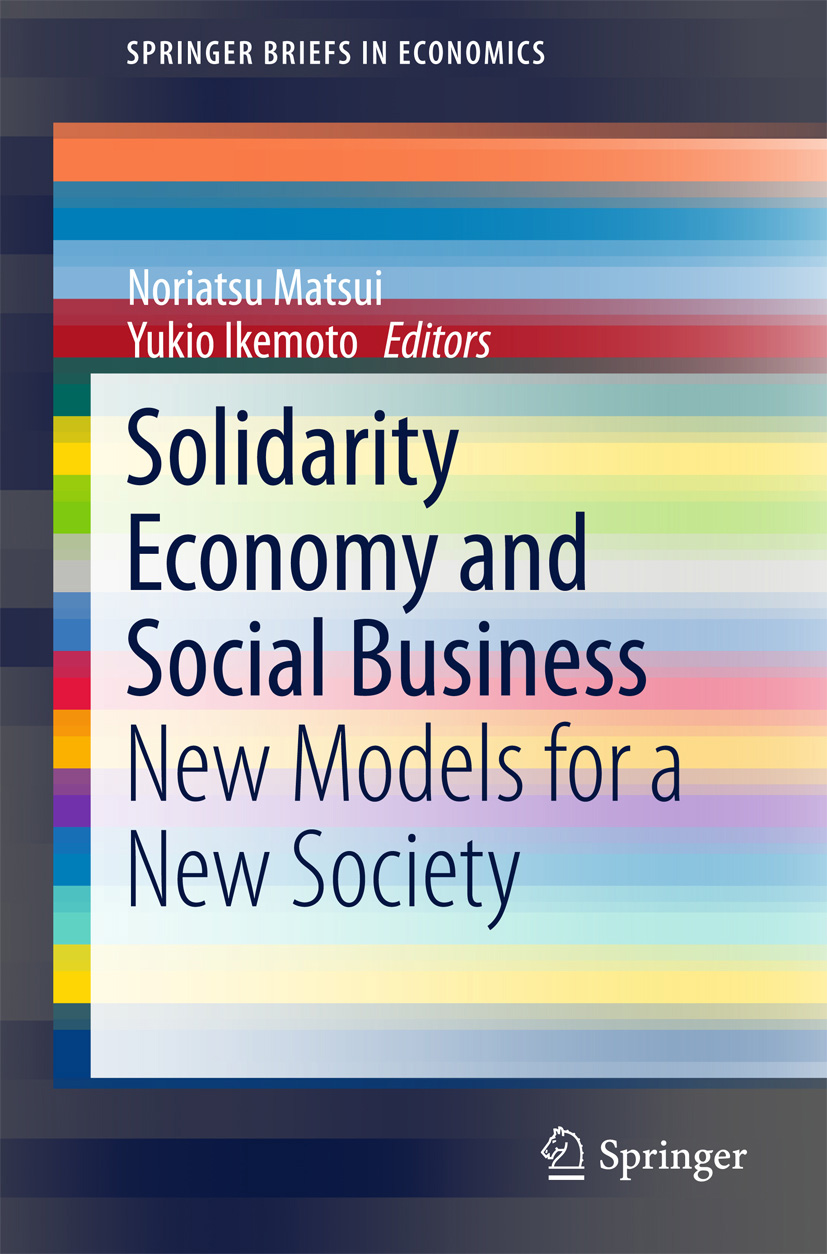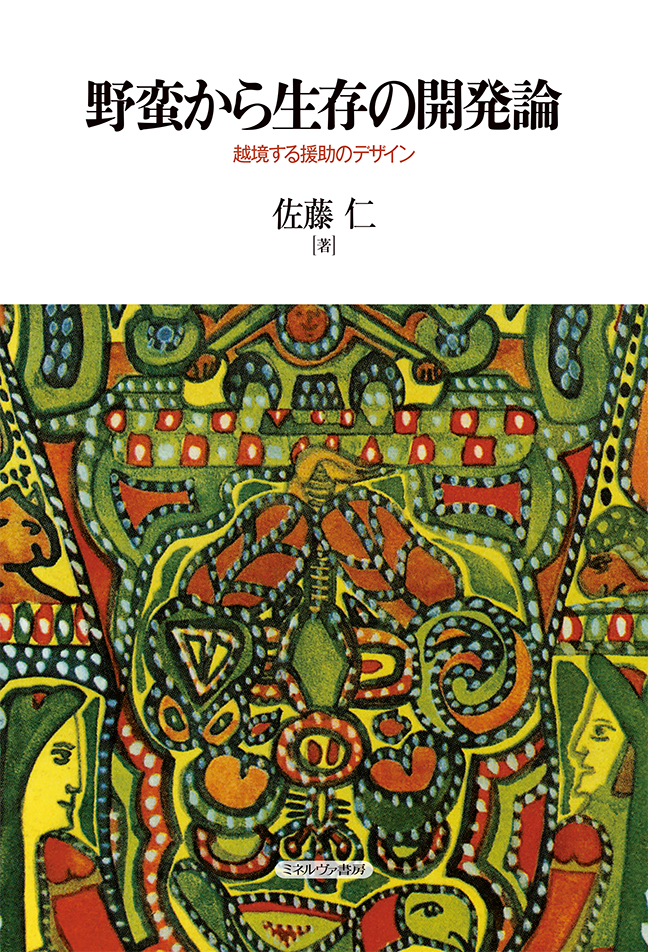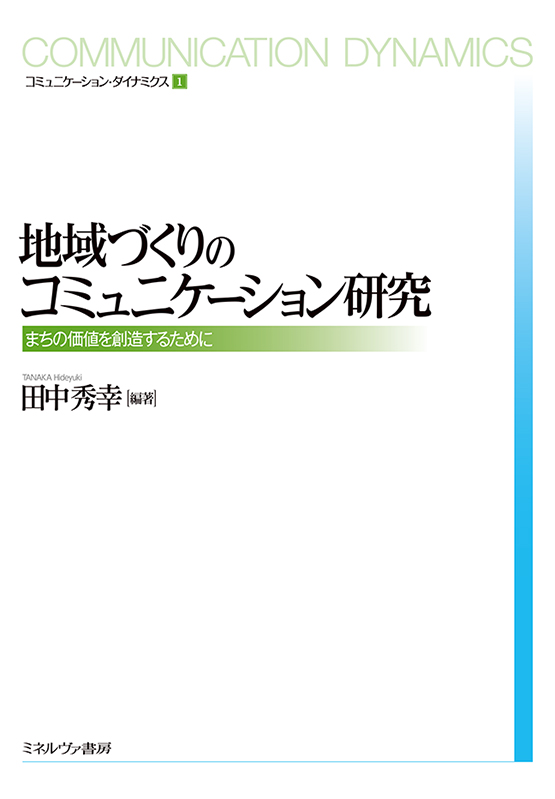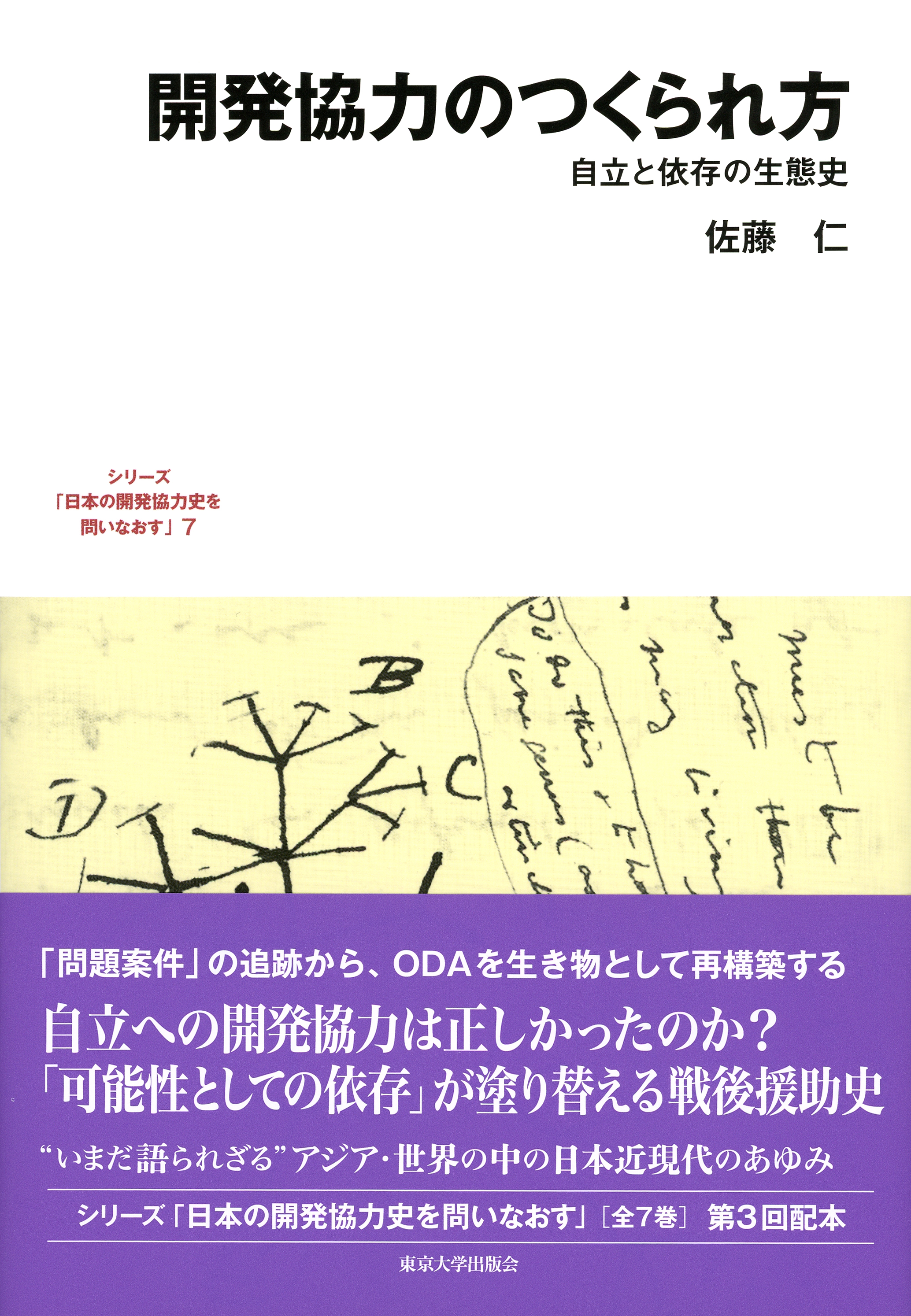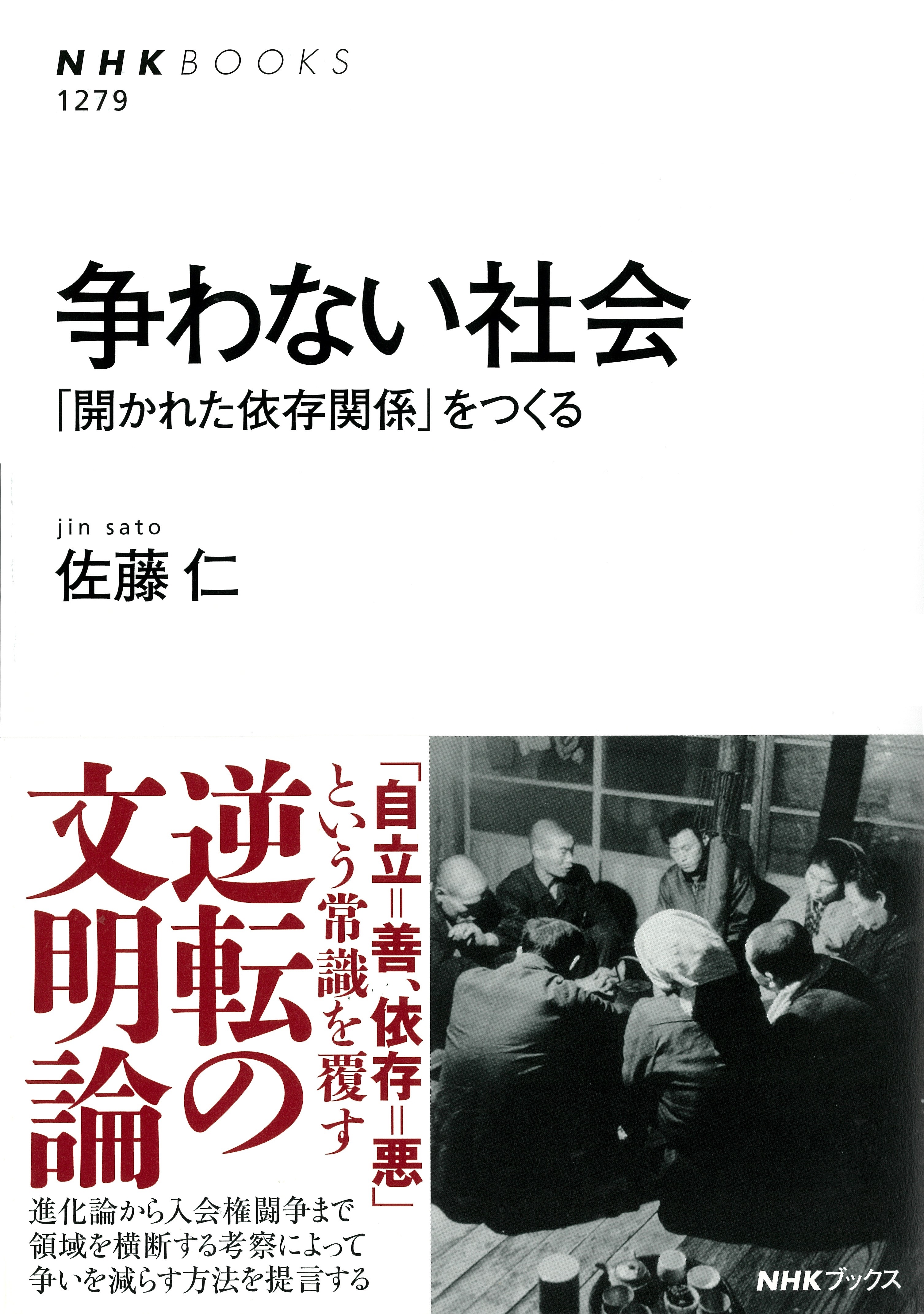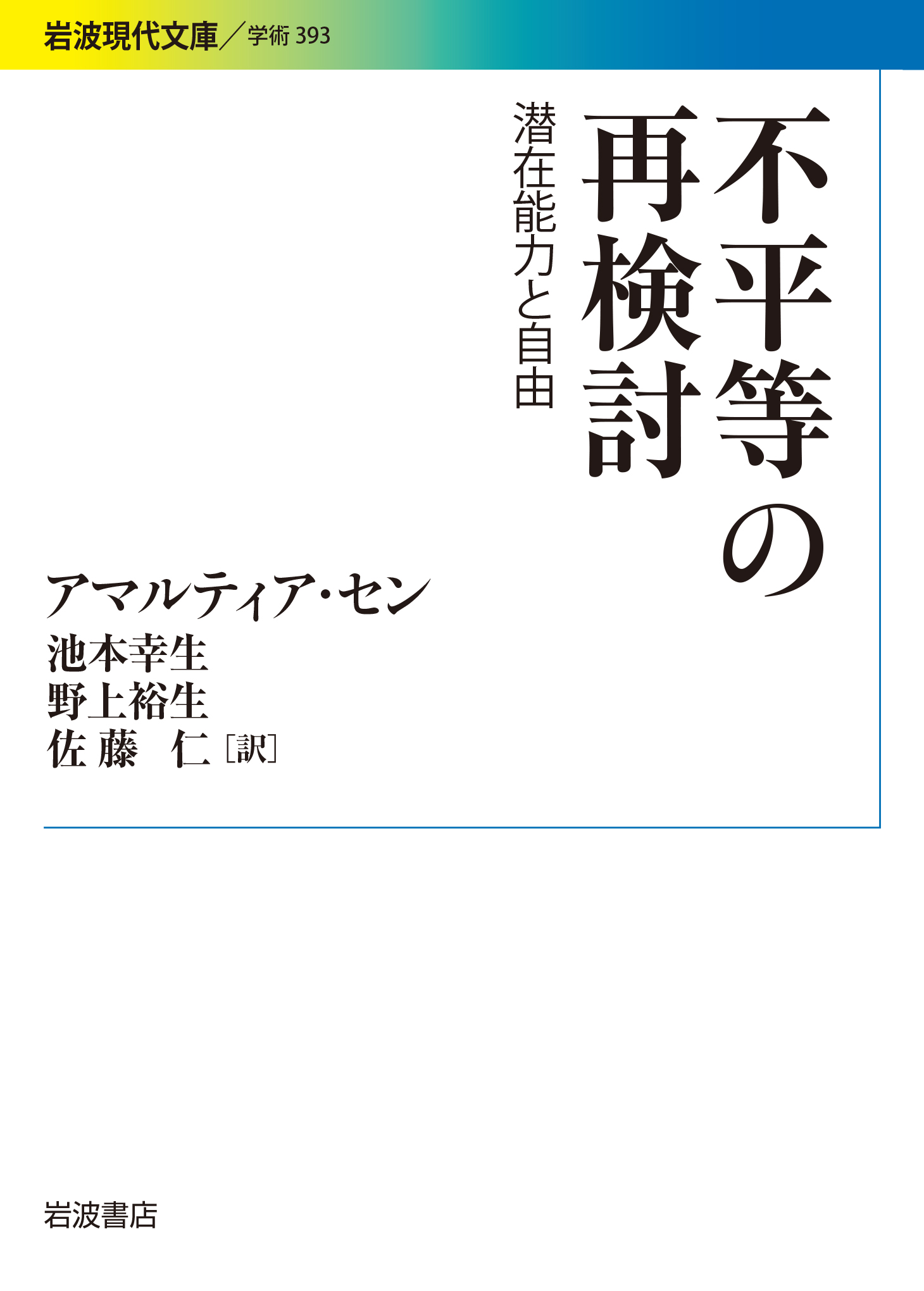
Title
Iwanami Gendai Bunko Fubyoudou no Saikentou (Inequality Reexamined - Capability and Freedom)
Size
430 pages, A6 format, softcover
Language
Japanese
Released
October 16, 2018
ISBN
9784006003937
Published by
Iwanami Shoten
Book Info
See Book Availability at Library
Japanese Page
Many people think that the world is full of inequality. Then, they come to the question, “what is inequality.” They have different ideas of inequality and answer the question in different ways. Although inequality is a difficult concept to define, economics measures inequality in terms of income. After the Second World War, Japan became an equal society that was incomparable to prewar Japan due to democratic reforms. The income inequality further narrowed during the high-growth period of the 1950s and 1960s and it became known as one of the most equal countries. However, in the 1990s after the bubble burst, the income inequality rapidly increased, and it was said that Japan had become a more unequal society than the United States.
A strange argument that took place in the 1990s to accept that inequality was “equality of opportunity or equality of results.” This argument assumes that the two equalities conflict with each other and urges to choose one, which is often the case in politics, resulting in “equal opportunity,” in other words, “inequalities in the results” was accepted.
It is rather obvious that the two equalities are not in conflict, and that both should be pursued simultaneously. This book discusses this issue using two concepts: feasible alternatives, that is, capability and the result actually realized. The feasible alternative should include those that are necessary to live as a human being. The goodness of human life can be judged by “what a person can do.” For example, taking sufficient nutrition, reading, and writing are basic capabilities for human beings, and persons who do not have such basic capabilities are perceived to be as “poor.” Article 25 of the Constitution of Japan under the right to live, guarantees “the minimum standards of wholesome and cultured living.” The idea is not just to live but to have an existence that is “cultural,” and even “social” such as by participating in social activities, consider “Hikikomori” and non-regular workers. “Social exclusion” is not only a characteristic but also one of causes of poverty. Poverty is an issue that should be addressed by the society, and it cannot be neglected as self-responsibility. There is a big inequality between those who live in poverty and those who do not, which cannot be ignored.
Capability is a useful concept to clarify the concept of inequalities. For example, the inequality that exists between people with disabilities and healthy people can be clearly understood by looking at what they can do. People who are discriminated against in a society usually lack important capabilities in the sense that they cannot do what they want to do. The issue of harassment can be seen as lacking the capability to express what they think on the side of the harassed. There are many other inequalities in the world, and in the Ideas of Justice (Akashi Shoten, 2011) Sen argues how to deal with these inequalities.
(Written by IKEMOTO Yukio, Professor, Institute for Advanced Studies on Asia / 2019)
Table of Contents
Introduction: Question and Themes
- Equality of What?
- Freedom, Achievement and Resources
- Functionings and Capability
- Freedom, Agency and Well-being
- Justice and Capability
- Welfare Economics and Inequality
- Poverty and Affluence
- Class, Gender and Other Groups
- The Demands of Equality
Index of Names
Index of Subjects
Related Info
https://www.nobelprize.org/prizes/economic-sciences/1998/sen/facts/



 Find a book
Find a book


